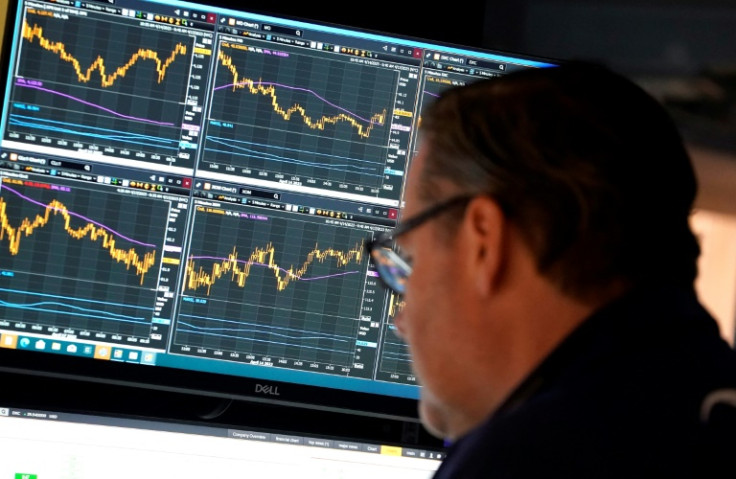Labor, Inflation Numbers Propel Stock Rally – What Is Ahead?

U.S. stocks continued to gain steam for another week on the fresh labor and inflation data that validated Wall Street's hopes of a soft landing for the U.S. economy.
It was another broad advance led by big technology shares.
The S&P 500 closed at 4,604.37, up 0.70% for the week; the Dow Jones at 34,947.10, up 0.10%; the tech-heavy Nasdaq at 14,403, up 1.8% and the small-cap at 1880.77, up 0.67%.
These gains came on top of the rally of the previous five weeks, with Nasdaq up 37% YTD, Russel 2000 up 9.35% and S&P 500 up 19.925 to 20-month high.
One of the catalysts for last week's gains was Friday's November labor market report. It showed that the U.S. economy continued to churn new jobs at a moderate pace in line with Wall Street's expectations. In addition, the unemployment rate edged lower as higher labor force participation tamed wage growth.
Another catalyst was the release of the Consumer Sentiment Survey by the University of Michigan on Friday, indicating a moderation of consumer inflationary expectations.
The combination of moderate job growth and moderate inflationary expectations revived hopes among traders and investors that the U.S. economy is heading to a soft rather than a hard landing—an ideal context for equity investments.
"The nonfarm payroll number came in very near expectations...but the headline unemployment rate fell .2%, to 3.7% from 3.9%, and average hourly earnings came in a bit hotter at .4 versus expectations at .3%," Steve Wyett, chief investment strategist of BOK Financial, told International Business Times.
"Year over year inflation in wages was reported at 4% as expected. Those expecting a weaker number, which would provide a path for Fed easing in the first quarter of 2024, are slightly disappointed," he added.
Wyett noted that the Job Openings and Labor Turnover Survey data as well as the weekly jobless claims figure indicate that the job market is balancing in a way that supports the idea of a soft landing for the economy. He also said this report should remove any doubt about the Fed's decision next week to keep rates stable.
Meanwhile, bond yields were sharply higher on Friday. The benchmark 10-year U.S. Treasury bond ended the week with a yield of 4.24%, roughly where it started on Monday, but up from 4.11% in the middle of the week.
"The jobs market drove the stock market this week as investors focused on a series of mixed data releases," added Anthony Denier, CEO of trading platform Webull. "Stocks fell Monday after a five-week rally to take a breather, regroup and maybe take some profits. Tuesday was more similar after the Labor Department reported that job openings fell in October to the lowest since March 2021."
The correction in equities was over by Thursday and Friday as labor market and inflation data provided a better picture of the direction of the U.S. economy.
"November's nonfarm payrolls showed the unemployment rate unexpectedly slid to 3.7% from 3.9% the prior month. This report added more fuel to the possibility of a soft landing and sent higher stocks to post a positive return for the week again," Denier added.
Denier said the November jobs report and University of Michigan consumer survey data showed that the economy was still strong and inflation was slowing.
Adam Koprucki, founder of the Real-World Investor, liked last week's market action. He expects a strong first quarter of 2024, earmarked by solid growth in cyclical stocks with a backdrop of a soft landing due to decreased inflation and stable to reducing interest rates.
But Denier is skeptical. He doesn't think equities can repeat this year's performance. "Typically, the last year of a presidential term is muted. While the economy still looks strong and there's much cash sitting on the sidelines that could push the market higher, I expect the market's rise next year will be in the single digits," he added.
© Copyright IBTimes 2024. All rights reserved.






















